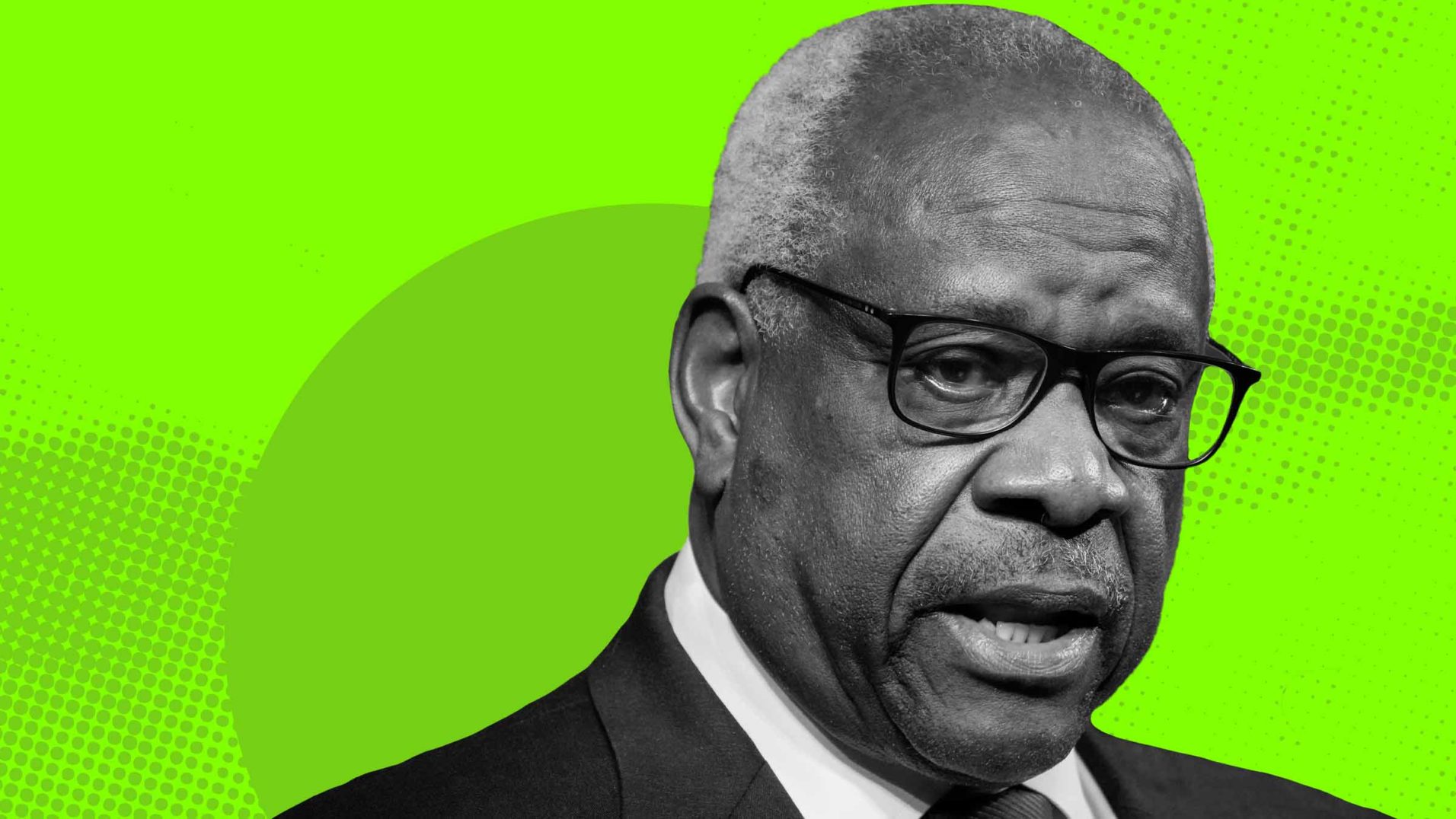
Three years ago this week, the Supreme Court made the disastrous choice to overturn
Roe v. Wade, which has resulted in nearly 20 states enforcing abortion bans and countless women and pregnant people being criminally investigated, medically maimed, or even killed. A January 2024 analysis estimated that, in 14 states with near-total abortion bans, close to 65,000 rape survivors would have been unable to get abortions after the Court issued its decision. Another report estimated that the end of Roe led to $133 billion in economic losses per year, due to the costs of pregnancy and childbirth and of bans keeping women out of the workforce.
The case that overturned
Roe, Dobbs v. Jackson Women’s Health Organization, was one that the justices had no business agreeing to hear. The Mississippi abortion ban at issue in Dobbs flatly violated Roe, and every lower court judge had rejected it. But after the Court granted certiorari—and after Justice Amy Coney Barrett was confirmed in October 2020—Mississippi asked the justices to overturn the 1973 precedent. That is not how things are supposed to work, but five of them voted for that outcome. (Chief Justice John Roberts concurred only in the judgment, a result that would have gutted Roe without explicitly overturning it. It is a classic Roberts delay tactic to chip away at precedents, from abortion to voting rights, while trying to duck negative news coverage associated with rewriting the law in one step instead of two.)
So it was galling to see Justice Clarence Thomas pen a concurrence on Friday in
Stanley v. City of Sanford, a dispute about disability discrimination in retirement benefits. Thomas, joined by Justice Amy Coney Barrett, joined the bulk of the majority opinion, but had a quibble to note. “I write separately to express my concern with the increasingly common practice of litigants urging this Court to grant certiorari to resolve one question, and then, after we do so, pivoting to an entirely different question,” Thomas said. “This case exemplifies the problem.”
As several Court-watchers have pointed out, Mississippi did this exact thing in Dobbs. In 2022, both justices were happy to ignore the issue because they wanted to overturn Roe. Now, they’re deeply concerned about injustice to the other parties in the case.
